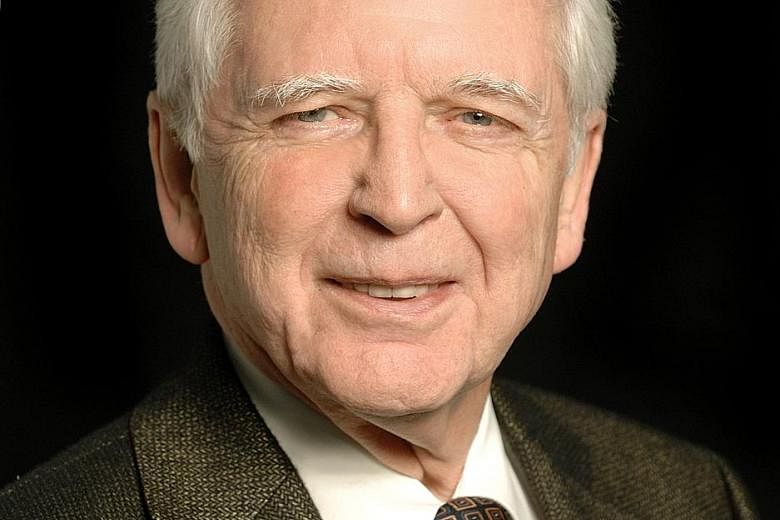In the late 1960s, it was believed that the herpes simplex virus was the cause of cervical cancer.
But Professor Harald zur Hausen felt that something was amiss as he could not detect the virus in all the DNA samples he tested. He turned his attention to genital warts - there was a connection with the cancer because genital warts were shown to contain the human papillomavirus (HPV) - where he was able to isolate and identify the HPV.
In the 1980s, he identified HPV-16 and HPV-18, which together account for 70 per cent of all cervical cancers.
For his work, Prof zur Hausen was awarded the Nobel Prize in physiology or medicine in 2008. His work was also pivotal to the development of cervical cancer vaccines - the first available.
Prof zur Hausen, who was born in Germany, first became interested in the role of viruses in cancers during his post-doctoral studies at the Children's Hospital of Philadelphia.
Subsequently, he took on appointments at the University of Wurzburg and the University of Erlangen-Nurnberg before settling at the University of Freiburg in 1977. There, he continued to work on HPV.
During the summit on Jan 19, he will be talking about dairy products as risk factors for human cancers.
- Source: National Research Foundation, University of Heidelberg


